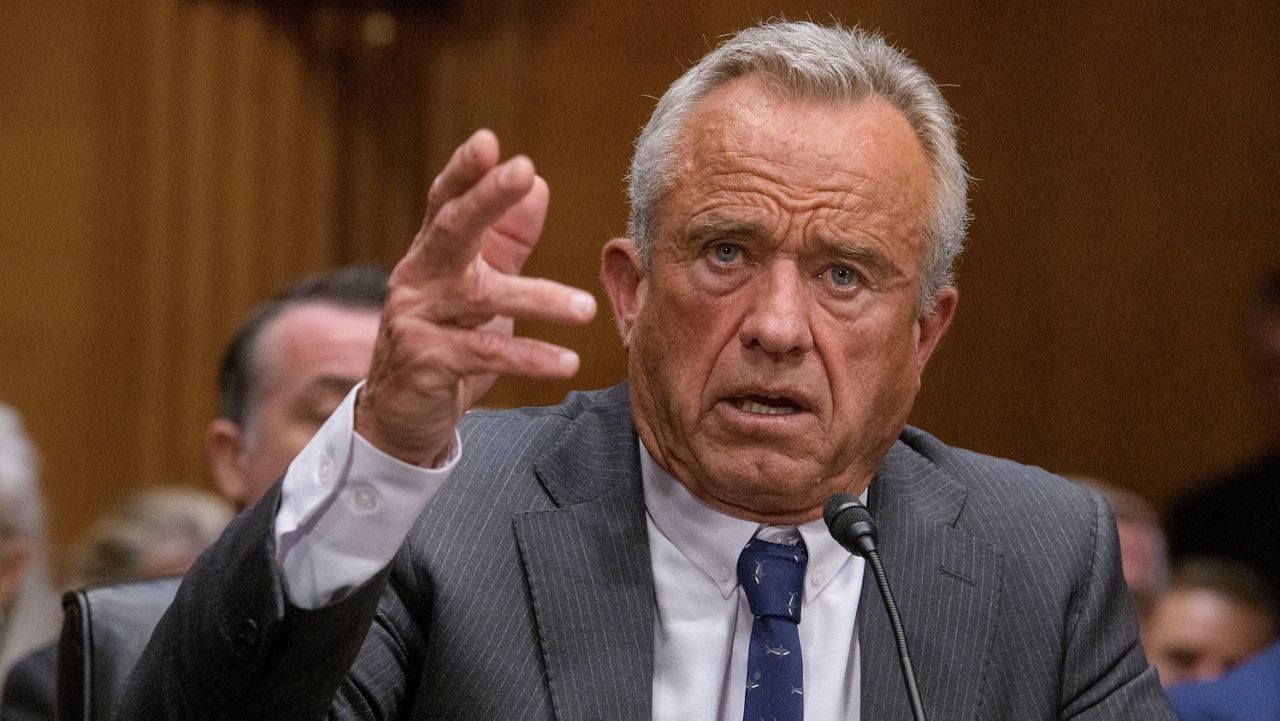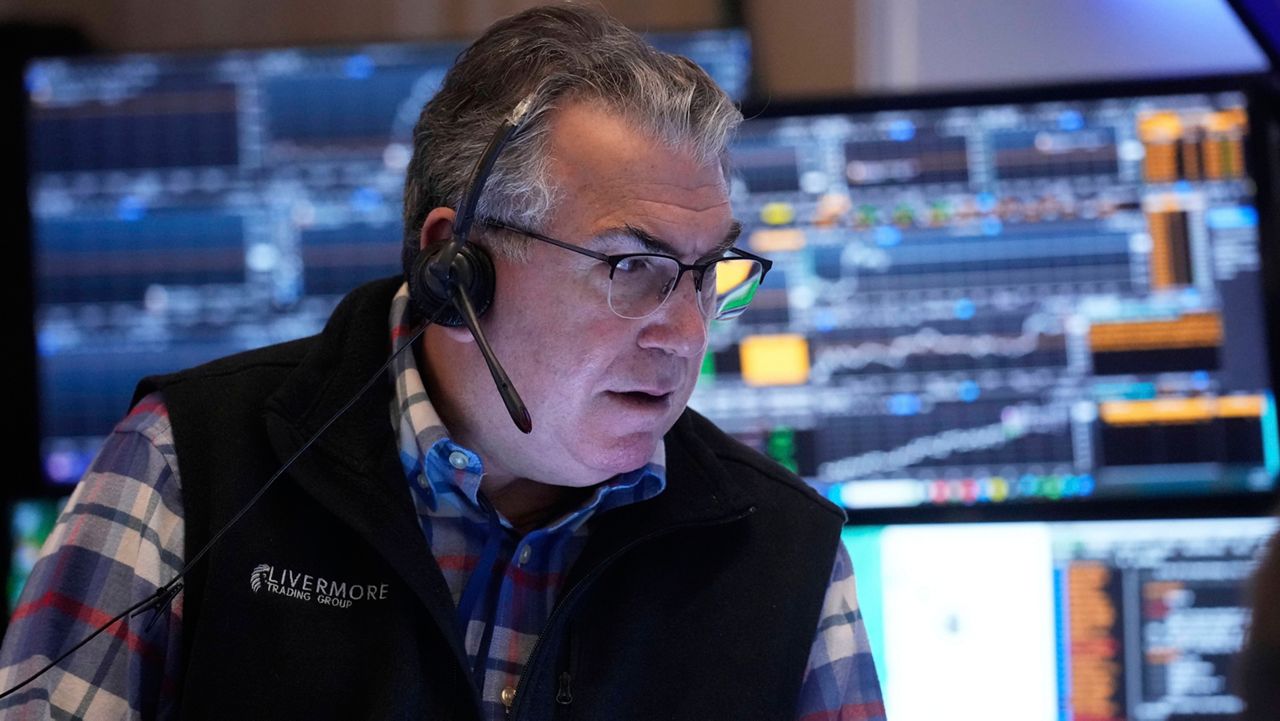LOS ANGELES — New CDC data shows suicide rates are on the rise, up by almost 40% since 2000.
April Wilkner has long struggled with thoughts of self-harm. After calling the suicide hotline for support, she decided to become a crisis counselor.
“I became a crisis counselor for 988 because I have personal lived experience with suicidal ideation, and I have called into the hotline for support. I also lost a friend to suicide last year, three years after becoming a crisis counselor,” Wilkner said.
Wilkner now works with Didi Hirsch Mental Health Services, whose crisis counselors support more than 450 people every day through the 988 Suicide and Crisis Hotline. Earlier this month, Wilkner spoke at Alive Together, an event at Exposition Park aimed at promoting suicide prevention and supporting survivors of suicide attempts and loss. She shared her personal experiences with thoughts of self-harm and offered advice to the hundreds in attendance about what they should do if a loved one communicates suicidal thoughts.
“That can look like a friend saying to you, ‘right now, I’m standing in the rain,’ and if you say something well intentioned like ‘Oh, but it’s so sunny out, have gratitude,’ really, you’re denying their weather, right? I think it’s more effective to open up an umbrella and just hold their hand even if you can’t see the rain,” Wilkner said.
Events like Alive Together are becoming more important than ever. As suicide rates rise, folks like Didi Hirsch CEO Lyn Morris said suicide prevention and community building are vital.
“Anytime there’s an increase of suicides, we always pay attention to it because we want to know why, and we want to know how we can help people even more than we are now,” Morris said.
Experts at the American Foundation for Suicide Prevention said a large driver of increasing suicide rates is the growing accessibility of guns, alongside the increasing prevalence of mental health conditions like depression. Morris said mental health services like those offered by Didi Hirsch are crucial resources to help people navigate those conditions in times of crisis.
“We’re hoping that more people reach out to us, then we’ll be able to help more people. And we’re also hoping people will see this is an issue, systemic issue across the nation that we need to deal with,” Morris said.
As for Wilkner, she said being a crisis counselor has helped her manage her own battles with suicidal thoughts.
“Now that I’m working as a crisis counselor at 988, I can look back and tell that young girl, ‘Oh no, there’s a reason you’re experiencing these things. It’s so one day, you can help other people and make them feel less alone,’” Wilkner said.
Wilkner is grateful for the community that’s helped her through her struggles, and she is happy to continue paying it forward by helping others in need.











